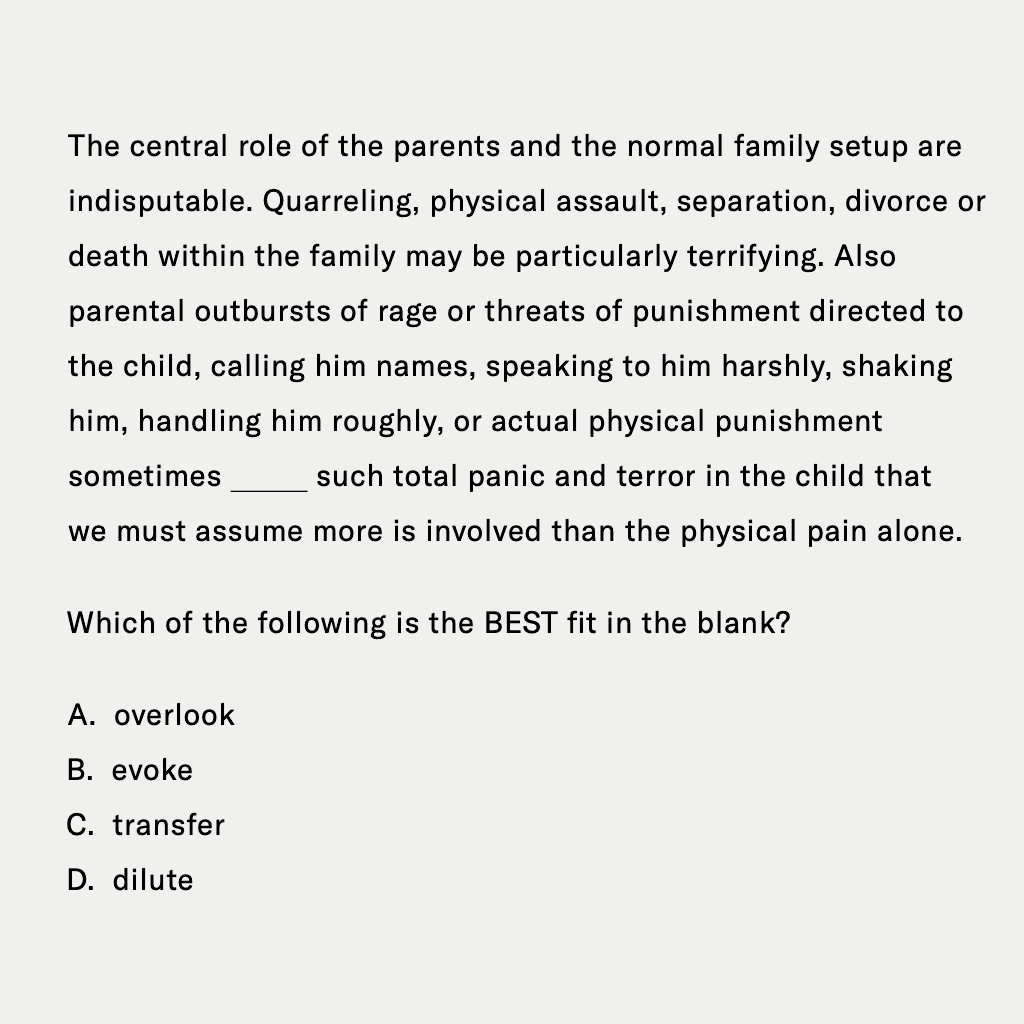Context of Factive
There is, to be sure, a different sense of learn, roughly “be taught that,” which is not factive; I can say When I was in graduate school, we learned that there were four kinds of taste buds, though I now know, thanks to a recent discovery, that there are five. But the usual sense, especially in the perfect tense with have, is factive; ti means “acquire true information.”
Examples with Factive
The verb ‘know’ is a classic example of a factive verb because it presupposes the truth of the clause that follows.
–Linguistics
When teaching English, it’s important to explain the concept of factive verbs to students, as it helps them understand the nuances of meaning and truth in language.
–Education
The paper delves into the intricacies of factive presupposition in witness testimony, positing that the unconscious choice of factive verbs by witnesses could subtly bias juridical outcomes by lending an aura of indisputable truth to inherently subjective narratives.
–Science
The philosopher’s treatise on truth and assertion meticulously examines the role of factive verbs in constructing epistemic modalities, arguing that their usage in declarative sentences does more than merely convey information; it also implicitly commits the speaker to a stance of epistemic responsibility regarding the proposition’s truth.
–Philosophy



